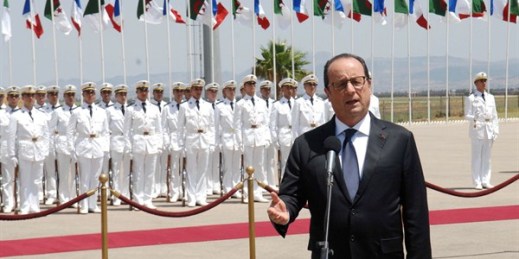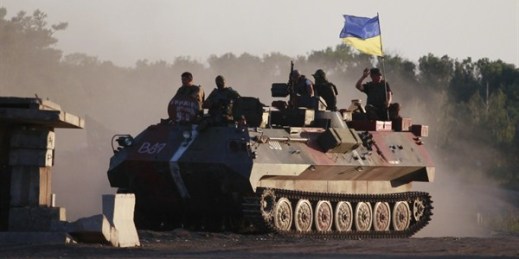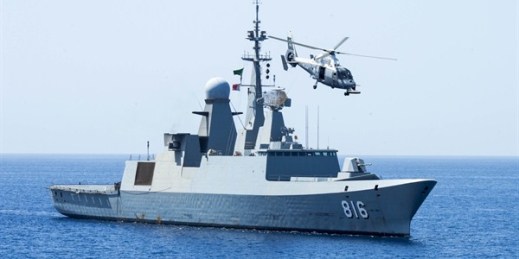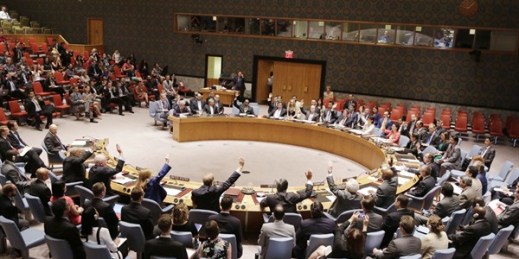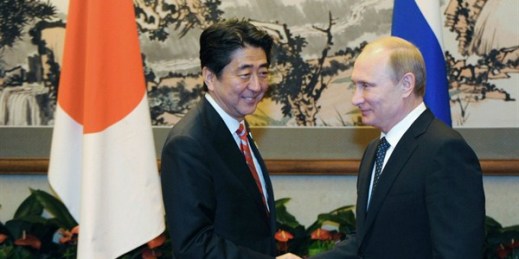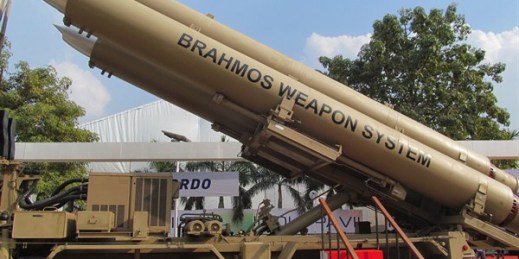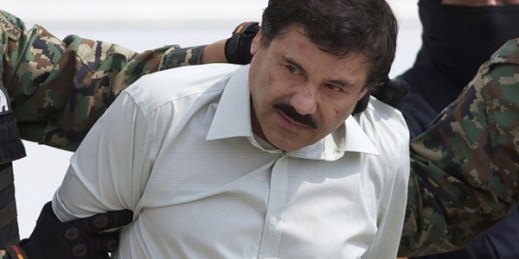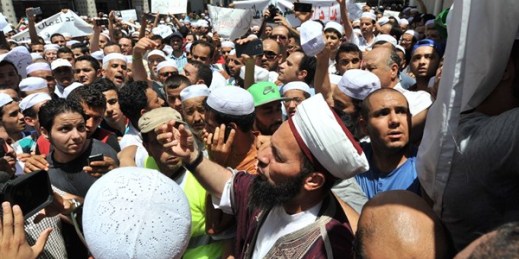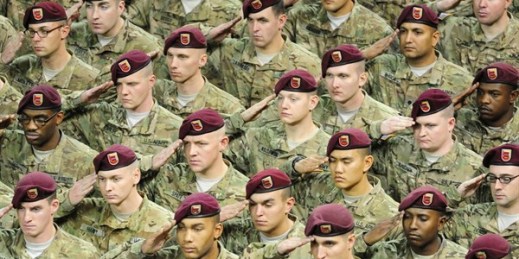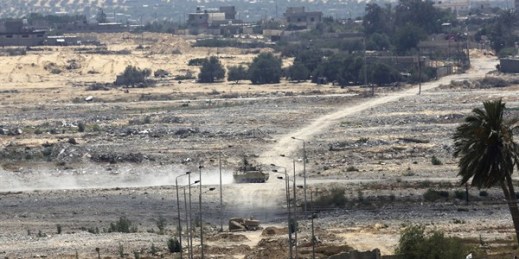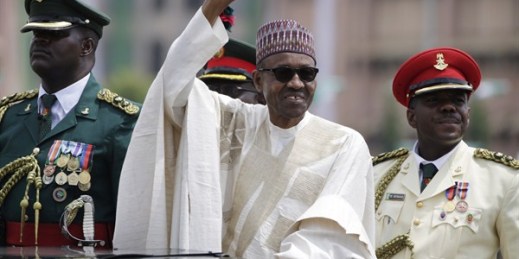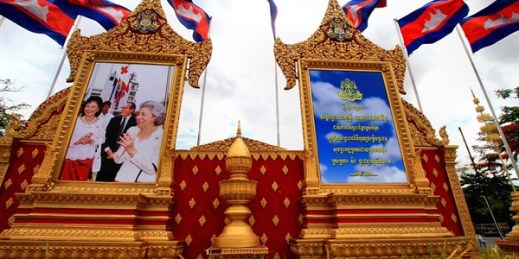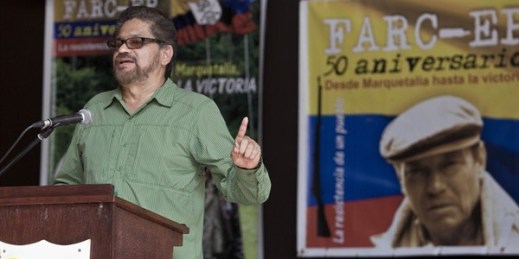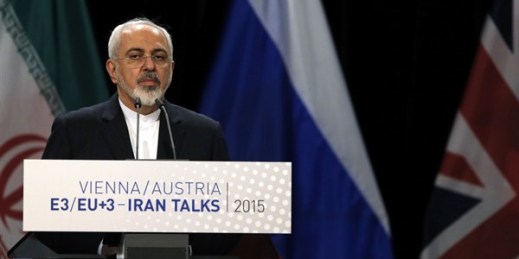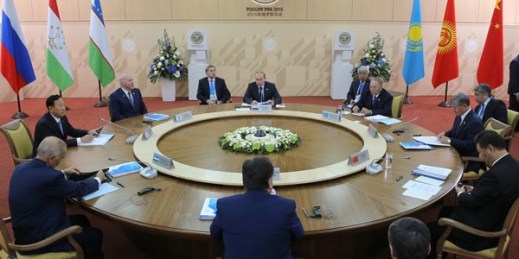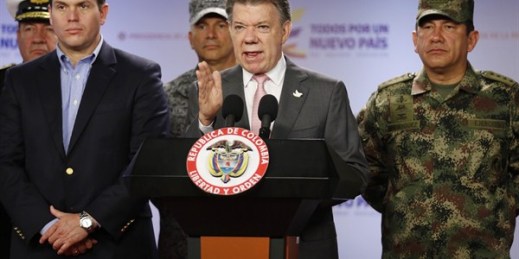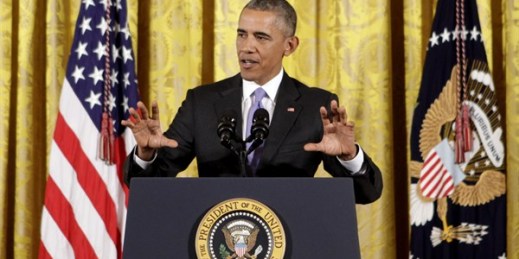
In trying to make sense of the recent nuclear deal with Iran and what it says about U.S. policy in the Middle East, the penultimate scene in “The Godfather” comes to mind. In it, the new godfather, Michael Corleone, wipes out his criminal rivals, the heads of New York’s five Mafia families and casino magnate Moe Greene. In recounting the day’s bloodletting, Michael subsequently says, “Today I settled all family business,” as he prepares to move the Corleone family to Nevada. This, minus the gangland shootings, is largely what the United States is trying to do with the Iran deal. […]

